The most notable feature of fuel-injected motorcycles compared to carbureted models is the addition of an onboard computer, also known as the ECU (or ECM). It automatically adjusts the fuel injection timing and pulse width based on feedback from various sensors to achieve rapid engine response and clean, environmentally friendly combustion.
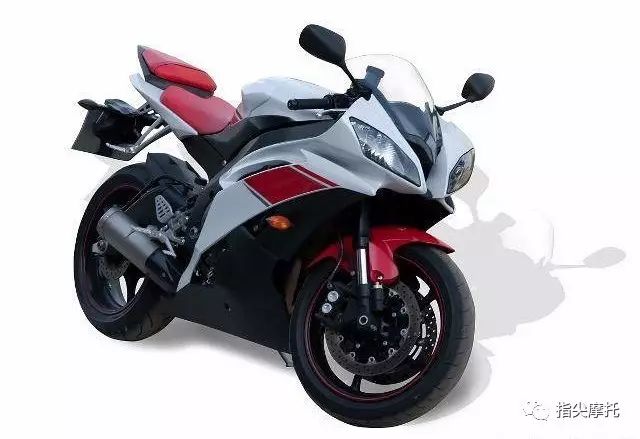
The ECU is quite delicate; its rated operating voltage is generally 5V DC, and it is very sensitive to high temperatures and high voltages. If the external voltage exceeds the rated operating voltage of the ECU system or the external temperature exceeds the allowable value, it can damage the ECU. Due to the high integration of this component, it is not repairable; if damaged, the entire assembly must be replaced, which is expensive. Therefore, care must be taken during maintenance, and these six rules must be followed.
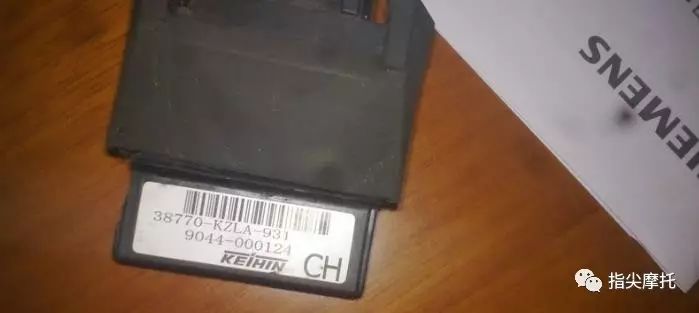
1. Do Not Disconnect Power Randomly.
Regardless of whether the motorcycle engine is running, as long as the ignition switch is in the ON position, do not disconnect any 12V electrical components. Disconnecting live components can generate a high transient overvoltage due to self-inductance, which may exceed 7000V. Such high transient overvoltage can damage the ECU system.
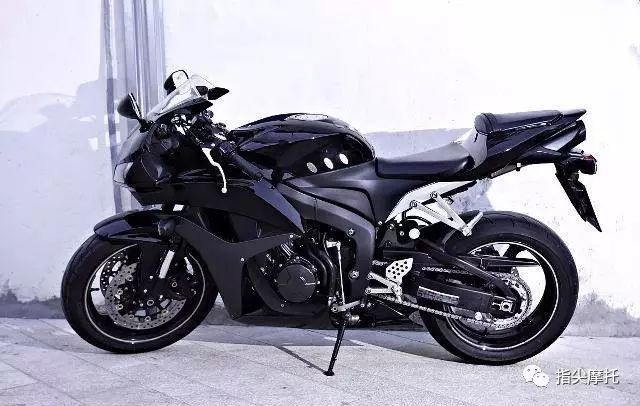
Although ECUs are equipped with overload protection devices, electronic components have reliability issues, and the likelihood of damage increases significantly with high voltage overloads. Electric fuel pumps, ignition coils, various relays, and injectors are loads with considerable inductance in the fuel injection system, so be sure to turn off the main power when plugging or unplugging.
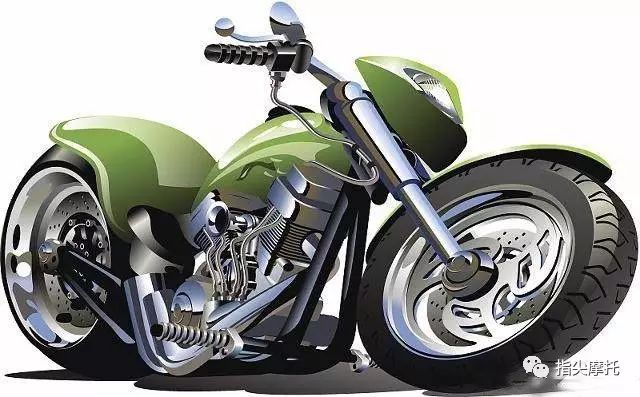
2. Do Not Perform Non-Professional Testing.
The ECU is not easily damaged, but if a fault occurs, it should be repaired by a professional. Users should not disassemble it casually during use to avoid damaging the ECU. During maintenance, simply check for disconnected or damaged wires and ensure connectors are properly seated. When testing or replacing modules in the ECU system, operators must ground themselves first to prevent static electricity from harming the ECU.
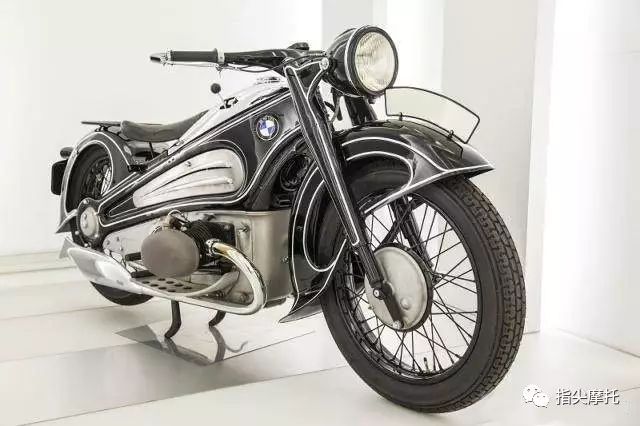
3. Do Not Use Analog Multimeters for Testing.
Use a high-impedance digital multimeter (10M or higher) to test the ECU’s sensors. Using a low-impedance multimeter to test the ECU system is equivalent to connecting a large load in parallel with the ECU measurement point, which may damage the ECU system due to overload.
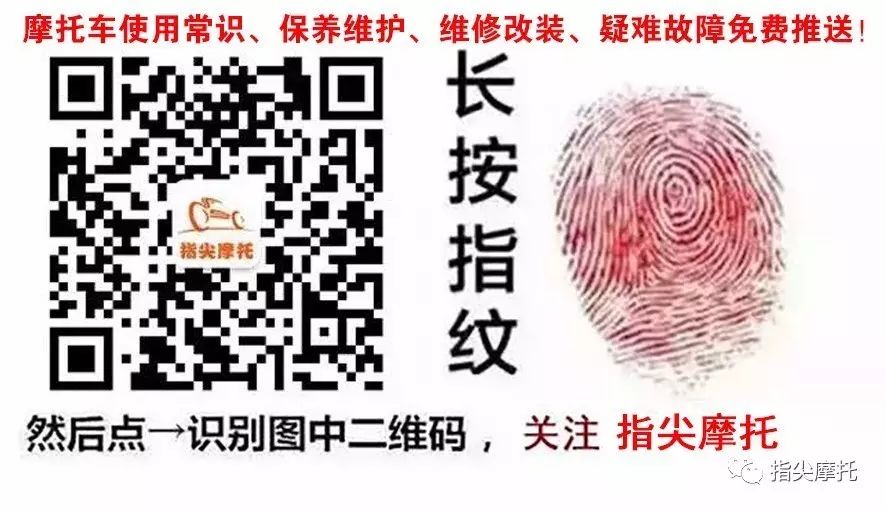
Do not use a test light to test any electrical devices connected to the ECU. This is because the voltage of the test light is much higher than the rated operating voltage of the ECU system, which may damage the ECU system.
When connecting wires, always disconnect the ignition switch and cut off the ECU system’s power. Also, do not change the independent power supply line of the ECU system casually.
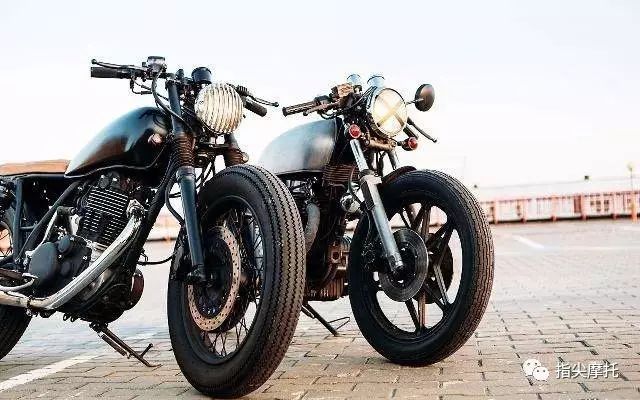
4. Do Not Disconnect the Battery Randomly.
When the engine is running, do not disconnect any wire from the battery. Before installing the battery, be sure to identify the positive and negative terminals correctly, and do not connect them incorrectly. Also, ensure that the battery terminals and cables are securely connected; otherwise, it will cause instability in the ECU.
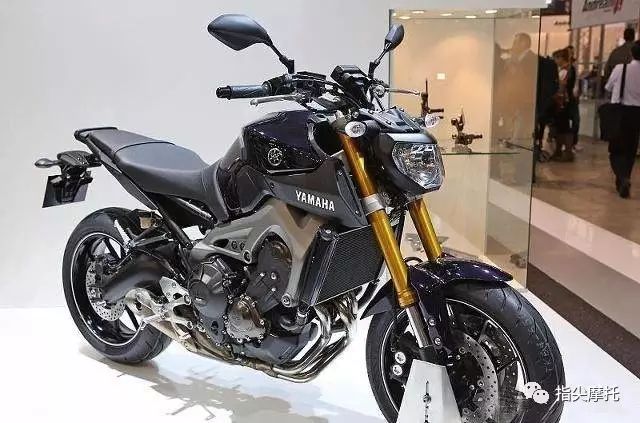
After reinstalling the battery, if the engine does not perform as well as before it was disconnected, do not replace any parts casually, as this may be due to the disconnection erasing the learning and correction memory parameters in the ECU.
After the engine runs for a certain period, the ECU will automatically re-establish the learning and correction memory, and the engine operation issues will disappear automatically.
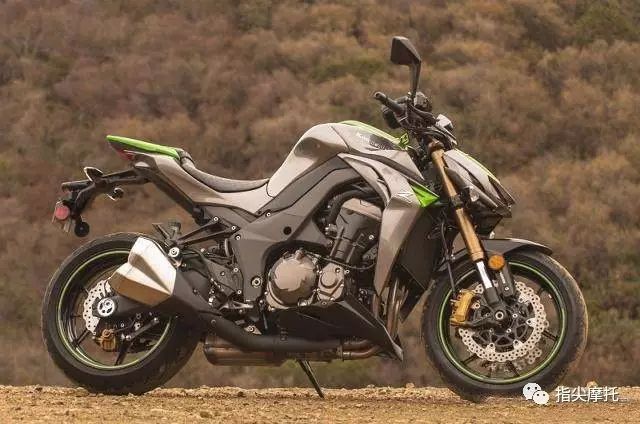
5. Do Not Wash the Circuit with Water.
When cleaning the motorcycle, be sure to protect the ECU and do not wash it with tap water to avoid corrosion or short circuits due to moisture. If it gets wet, dry it immediately to keep it in good condition.
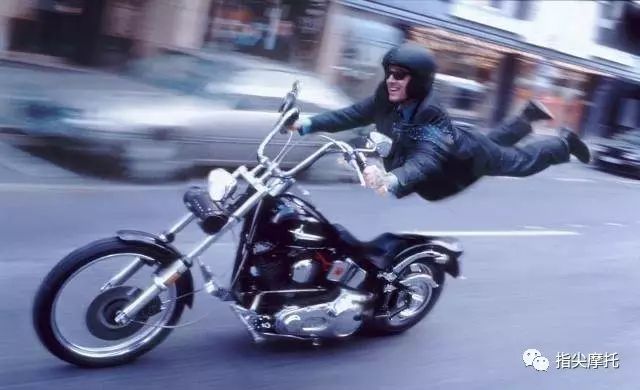
6. Do Not Place Near the Horn.
The motorcycle horn should not be installed near the ECU, as the magnet in the speaker can damage the components inside the ECU.
The existence of Finger Motorcycle is not to teach truths or establish textbooks, but to provide a platform for communication. As long as there is reason, it can be considered an opinion. Friends are encouraged to learn from the author’s ideas and experiences to spark their own wisdom! If there is any infringement, please contact us.
Further Reading:
Why won’t my motorcycle run after changing the cylinder kit?
Secretary Dakang says improper maintenance of the motorcycle air filter may lead to oil burning, did you know?
Does holding the clutch while coasting on a motorcycle really save fuel? Is it harmful?
Official WeChat subscription account of Motorcycle China Network

Long press the QR code to donate